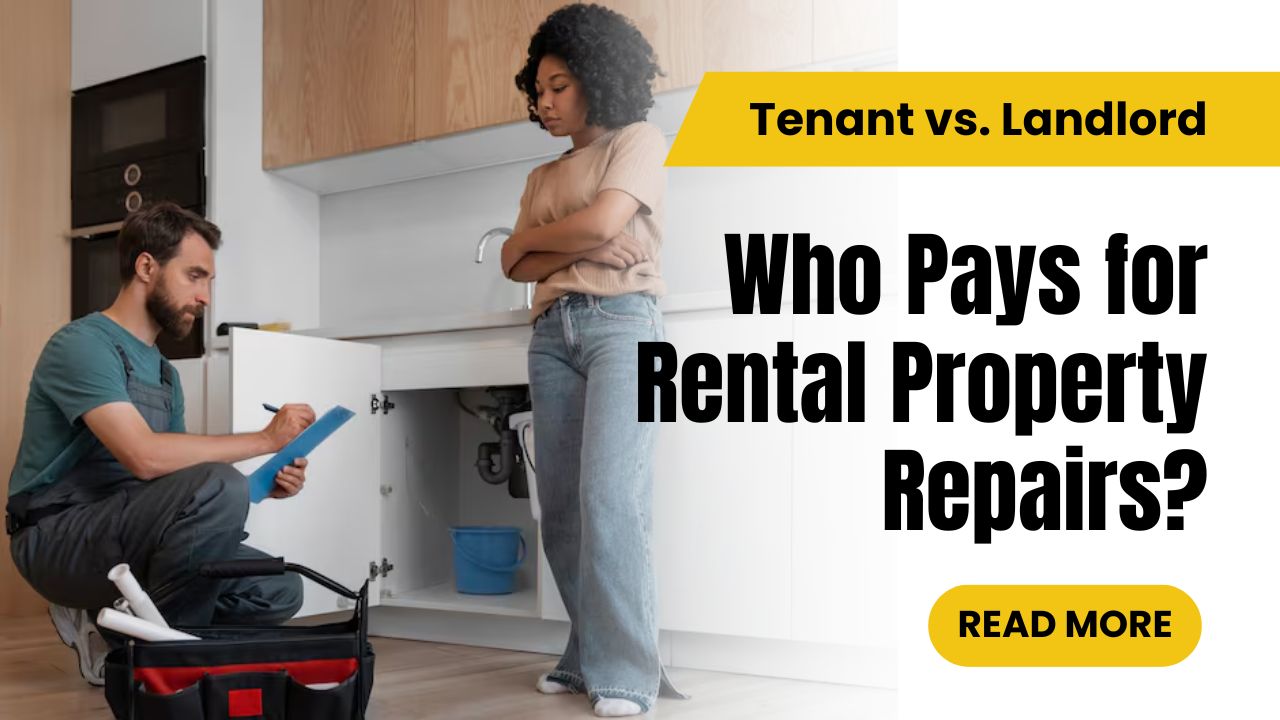Guide to Property Maintenance Responsibilities

Guide to Property Maintenance Responsibilities
Tenant vs. Landlord: Who Pays for Rental Property Repairs?
A successful tenancy relies on clear communication and knowing exactly where your maintenance responsibilities begin and end. Treating your rental property with care is not just about keeping the space tidy; it’s key to ensuring a smooth, conflict-free, and stress-free renting experience.
At 99home, we believe transparency is crucial. This guide clarifies the essential duties of every UK tenant and the legal obligations of every landlord when it comes to property upkeep and repairs.
Your Core Tenant Maintenance Responsibilities
As a tenant, you are responsible for the day-to-day upkeep and dealing with issues that fall under "normal wear and tear." You must treat the property with respect, as outlined in your tenancy agreement.
1. Daily Cleaning and Upkeep
The most fundamental duty is keeping the property clean to prevent excessive grime or dirt accumulation.
-
Routine Cleaning: Regularly clean kitchen appliances (oven, fridge, hob), bathrooms, windows, and flooring
-
Minor Repairs: You are responsible for simple fixes that don't require professional expertise, such as changing light bulbs or clearing minor blockages (like a blocked toilet or plughole)
2. Preventing Damp and Mould
Ventilation is one of the most important, yet often misunderstood, tenant duties. Failure to ventilate properly can cause significant property damage.
-
Ventilation: Always use extractor fans in kitchens and bathrooms during and after use. Open windows regularly, particularly in humid areas, to ensure proper airflow and prevent damp and mould growth
3. Prompt Reporting of Issues
This is your most crucial non-repair responsibility. You must report any major damage or defect immediately to your landlord or letting agent. Prompt reporting ensures small issues (like a minor leak) do not escalate into expensive structural damage.
The Landlord's Legal Obligations for Repairs
Your landlord has a clear legal duty to maintain the property in a safe and habitable condition. These are statutory responsibilities that cannot be passed on to the tenant. You must always grant reasonable access for these essential repairs.
Landlord responsibilities typically include
-
Structural Repairs: Fixing issues with the property’s structure, including the roof, walls, foundations, and broken windows that compromise safety or weatherproofing
-
Plumbing and Heating Systems: Maintaining all working order systems, including the boiler, radiators, water heaters, and major leaks in pipes
-
Electrical Safety: Ensuring the electrical installation is safe, compliant, and maintained. This includes providing valid Electrical Installation Condition Reports (EICRs)
-
Gas Safety: Ensuring an annual Gas Safety Check is conducted by a Gas Safe registered engineer, with a copy of the certificate provided to you
-
Supplied Appliances: The landlord is typically responsible for maintaining and repairing any major appliances (e.g., washing machine, oven, fridge) that were included in the rental property upon check-in
How to Report Maintenance Issues Effectively
Effective communication protects both you and your deposit. Always report issues promptly using a method that leaves a paper trail.
-
Written Communication is Key: Always use email or a dedicated property portal to report problems. This creates a time-stamped record of when the issue was reported
-
Provide Detail and Evidence: Include clear details of the fault and attach photos or videos to illustrate the problem. Be polite and request prompt action
-
Know Your Contacts: Keep emergency contact details for your landlord or agent readily available for urgent repairs that require immediate attention (e.g., severe flooding or loss of heating in winter)
-
Follow Up: If a non-urgent repair is not addressed within a reasonable timeframe, send a polite follow-up email requesting a status update
Understanding Your Tenancy Agreement
Your tenancy agreement is the final word on specific maintenance responsibilities, especially for ambiguous areas like garden upkeep or communal areas.
Always read your entire tenancy agreement carefully before signing to ensure you understand every clause related to repairs and maintenance. If any terms are unclear, seek clarification from your letting agent immediately to avoid disputes later on.
By proactively managing daily upkeep and clearly understanding your landlord’s legal obligations, you can ensure a successful, hassle-free tenancy from start to finish.
- Author Name:
- Puja Mehra
 0203 5000 999
0203 5000 999 
0 Comments
No Comments